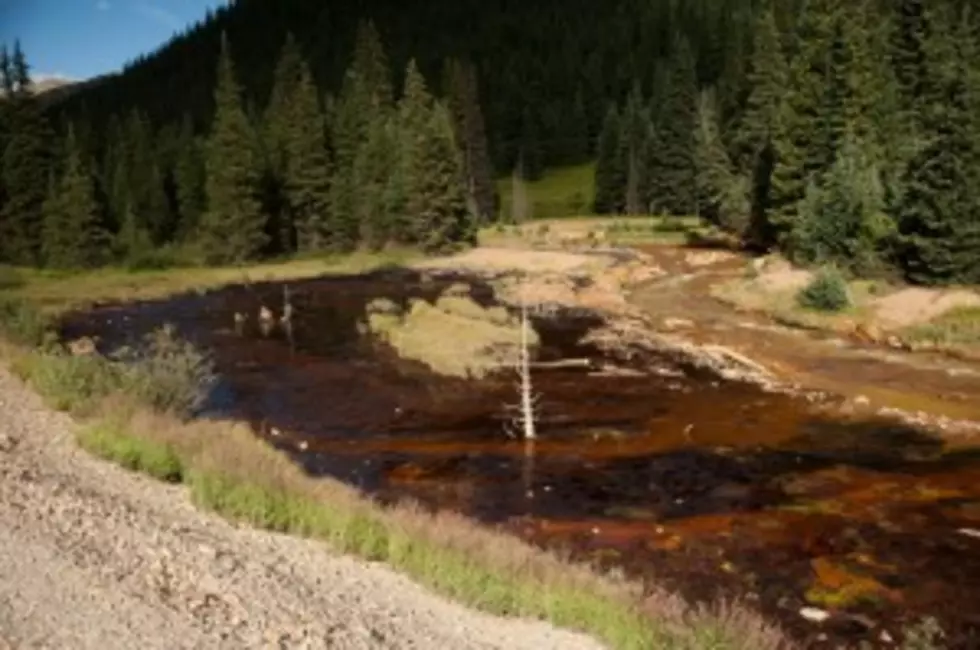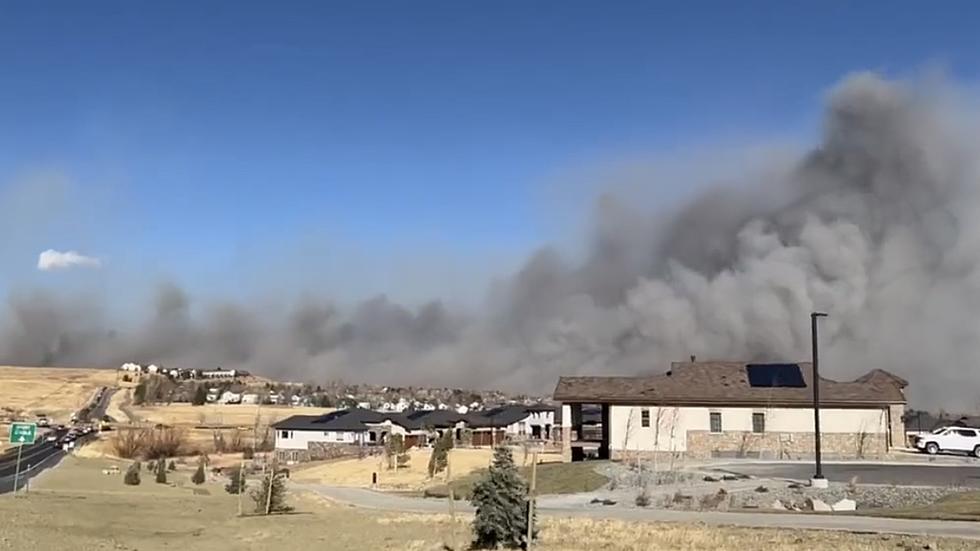
Mine Waste Slowly Dissipating in Western Rivers
ALBUQUERQUE, N.M. (AP) -- Townspeople watching millions of gallons of orange-colored mine waste flow through their communities demanded clarity Tuesday about possible long-term threats to their water supply.
Colorado and New Mexico made disaster declarations for stretches of the Animas and San Juan rivers and the Navajo Nation declared an emergency as the toxic waste spread downstream toward Lake Powell in Utah.
EPA workers accidentally unleashed an estimated 3 million gallons of mine waste, including high concentrations of arsenic, lead and other heavy metals, as they inspected the long-abandoned Gold King mine near Silverton, Colorado, on Aug. 5.
EPA Administrator Gina McCarthy said Tuesday in Washington, D.C., that she takes full responsibility for the spill, which she said "pains me to no end." She said the agency is working around the clock to assess the environmental impact.
EPA officials said the shocking orange plume has already dissipated and that the leading edge of the contamination cannot be seen in the downstream stretches of the San Juan River or Lake Powell.
The EPA has said the current flows too fast for the contaminants to pose an immediate health threat, and that the heavy metals will likely be diluted over time so that they don't pose a longer-term threat, either.
Still, as a precautionary measure, the agency said stretches of the rivers would be closed for drinking water, recreation and other uses at least through Aug. 17.
Dissolved iron is what turned the waste plume an alarming orange-yellow, a color familiar to old-time miners who call it "yellow boy."
"The water appears worse aesthetically than it actually is, in terms of health," said Ron Cohen, a civil and environmental engineering professor at the Colorado School of Mines.
Tests show some of the metals have settled to the bottom and would dissolve only if conditions became acidic, which Cohen said isn't likely. He advises leaving the metals where they settle, and counting on next spring's mountain snowmelt to dilute them more and flush them downstream.
No die-off of wildlife along the river has been detected. Federal officials say all but one of a test batch of fingerling trout deliberately exposed to the water survived over the weekend.
As a precaution, state and federal officials ordered public water systems to turn off intake valves as the plume passes. Boaters and fishing groups have been told to avoid affected stretches of the Animas and San Juan rivers, which are usually crowded with rafters and anglers in a normal summer.
Farmers also have been forced to stop irrigating, endangering their crops, and recreational businesses report losing thousands of dollars.
More From KROC-AM









